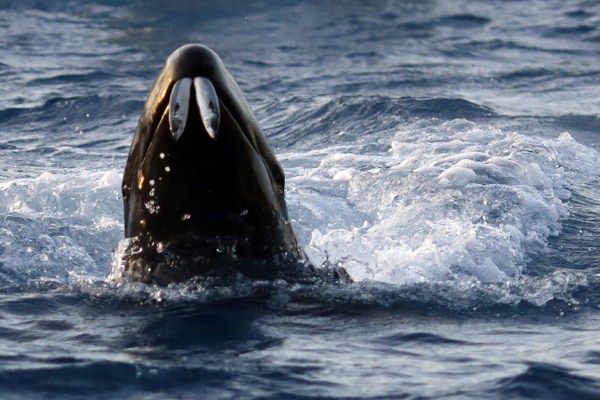At a conference in Slovenia last week, the International Whaling Commission voted against allowing Japan to hunt whales in the Antarctic. In an email interview, Atsushi Ishii, associate professor of international relations and sociology of science and technology at Tohoku University, discussed Japan’s whaling program.
WPR: What role does whaling play in Japan, economically and culturally?
Atsushi Ishii: The Japanese have been whaling since ancient times and whaling-related culture flourished in rural coastal areas. After Japan's defeat in World War II, whale meat was almost the only protein source for the Japanese people and became part of the national cuisine. Currently, Japanese people eat, on average, less than 40 grams of whale meat per person a year—less than the weight of a chicken egg. The whaling industry is so small that it currently employs fewer than 250 people and, in the case of the Southern Ocean whaling, cannot make any profit without subsidies—currently $5 million per year—and non-interest loans of $20 million to $30 million per year. Only rural coastal areas still have a culture of eating whale meat.

